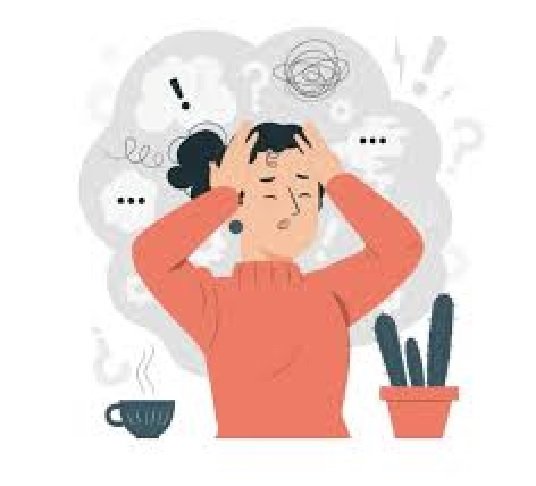In the intricate landscape of mental health, one emotion often looms large, casting shadows over daily life and coloring experiences with a veil of uncertainty and apprehension. Welcome to the realm of anxiety, where the mind becomes a battleground of conflicting thoughts and emotions, and each day is a journey through a labyrinth of symptoms and sensations.
Anxiety is more than just a passing feeling of worry or nervousness – it’s a complex and multifaceted condition that can manifest in a myriad of ways, affecting every aspect of a person’s life. From the racing heart and sweaty palms of a panic attack to the persistent sense of dread and unease that lingers like a shadow, anxiety symptoms can vary widely from person to person, making it a challenging condition to diagnose and treat.
But perhaps one of the most common symptoms of anxiety is the feeling of constant worry and apprehension that pervades every thought and action. For many people with anxiety, even the simplest tasks can feel overwhelming, as their minds become consumed by a never-ending stream of “what ifs” and worst-case scenarios. This persistent worry can interfere with daily activities, making it difficult to concentrate, sleep, or even enjoy life’s simple pleasures.
But anxiety is not just a disorder of the mind – it can also take a toll on the body, manifesting in a variety of physical symptoms that can be both distressing and debilitating. From muscle tension and headaches to digestive problems and shortness of breath, the physical manifestations of anxiety can vary widely from person to person, but they all share one thing in common: they’re a reminder of the intricate connection between mind and body, and the profound impact that mental health can have on physical well-being.
But perhaps one of the most insidious aspects of anxiety is its ability to manifest in unexpected ways, disguising itself as other conditions and making diagnosis and treatment even more challenging. For example, many people with anxiety may experience symptoms such as fatigue, irritability, or difficulty concentrating, which can easily be mistaken for signs of other conditions such as depression or ADHD. This can lead to misdiagnosis and delayed treatment, prolonging the suffering of those affected by anxiety.
But the good news is that anxiety is a highly treatable condition, and relief is possible with the right approach. From therapy and medication to lifestyle changes and self-care practices, there are many effective strategies for managing anxiety and reclaiming control over your life. And with the help of a qualified mental health professional, you can develop a personalized treatment plan that addresses your unique symptoms and needs, allowing you to break free from the grip of anxiety and live a life filled with peace, joy, and fulfillment.
But perhaps the most important step in overcoming anxiety is simply reaching out for help. Whether you’re struggling with overwhelming worry, debilitating panic attacks, or any other symptoms of anxiety, you don’t have to suffer alone. There are people who care about you, and there are resources available to help you navigate the complexities of anxiety and find relief.
So don’t wait – reach out for help today and take the first step towards reclaiming your life from the grip of anxiety. With the right support and treatment, you can overcome anxiety and rediscover the joy, peace, and fulfillment that you deserve. You are not alone, and there is hope for a brighter tomorrow.



